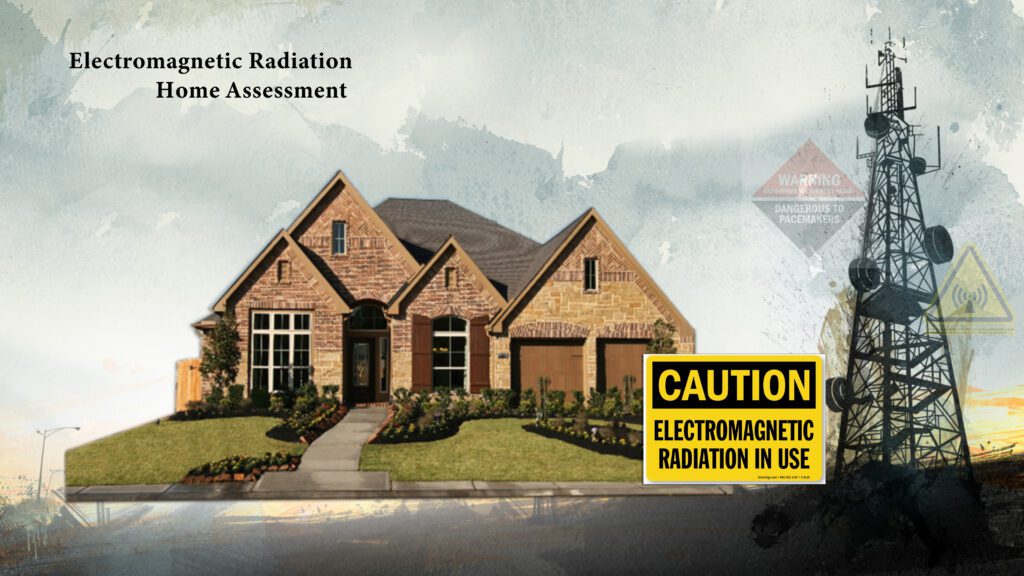The Vital Role of EMF Education for Real Estate Agents and Their Clients

In an era where technology permeates every aspect of our lives, electromagnetic fields (EMF) have become an integral part of our environment. With the proliferation of electronic devices and the advent of smart homes, the impact of EMF on our health and well-being has come under scrutiny. As such, it is imperative for real estate agents to educate themselves about EMF for the benefit of their clients.
EMF is a form of radiation emitted by various sources such as power lines, electrical wiring, appliances, and wireless devices. While the debate regarding its potential health effects continues, studies have suggested a correlation between EMF exposure and adverse health outcomes, including increased risk of cancer, neurological disorders, and sleep disturbances. Consequently, prospective homebuyers are becoming increasingly concerned about EMF levels in properties they intend to purchase.
Real estate agents play a pivotal role in facilitating property transactions and guiding clients through the home-buying process. In this capacity, they must be equipped with the knowledge to address client concerns regarding EMF exposure. Here are several reasons why EMF education is essential for real estate agents:
- Client Well-being: The primary responsibility of a real estate agent is to act in the best interest of their clients. By educating themselves about EMF, agents can provide valuable insights into the potential health implications of high EMF levels in properties. This information empowers clients to make informed decisions about their prospective homes and take necessary precautions to mitigate EMF exposure.
- Market Differentiation: In today’s competitive real estate market, agents who demonstrate a commitment to their clients’ well-being stand out from the crowd. By offering expertise in EMF awareness, agents can differentiate themselves as trusted advisors who prioritize the health and safety of their clientele. This can enhance their reputation and attract discerning buyers who value comprehensive guidance throughout the home-buying process.
- Legal and Ethical Obligations: Real estate agents are bound by legal and ethical obligations to disclose material facts that may affect a property’s value or desirability. In jurisdictions where EMF disclosure is mandatory or recommended, agents must be well-versed in EMF concepts to fulfill their disclosure obligations accurately. Failure to disclose pertinent information about EMF exposure could lead to legal repercussions and damage the agent’s reputation.
- Property Value Considerations: High EMF levels in a property can potentially impact its market value. Buyers may perceive properties with excessive EMF exposure as less desirable or may negotiate lower prices to compensate for the perceived risk. Real estate agents who understand the implications of EMF on property values can advise sellers on strategies to address EMF concerns proactively, thereby maximizing the marketability of their listings.
- Future-proofing Investments: As awareness of EMF continues to grow, prospective homebuyers are increasingly prioritizing properties with low EMF exposure. Real estate agents who possess knowledge about EMF can help clients identify properties that align with their health preferences and long-term goals. By factoring EMF considerations into property evaluations, agents assist clients in making investments that prioritize both their immediate needs and future well-being.

In conclusion, EMF education is indispensable for real estate agents in today’s technology-driven world. By understanding the implications of EMF exposure and guiding clients accordingly, agents fulfill their duty to protect client interests, differentiate themselves in the market, comply with legal obligations, enhance property values, and future-proof investments. Ultimately, by prioritizing EMF education, real estate agents elevate their professional standards and contribute to the well-being of their clients and communities.